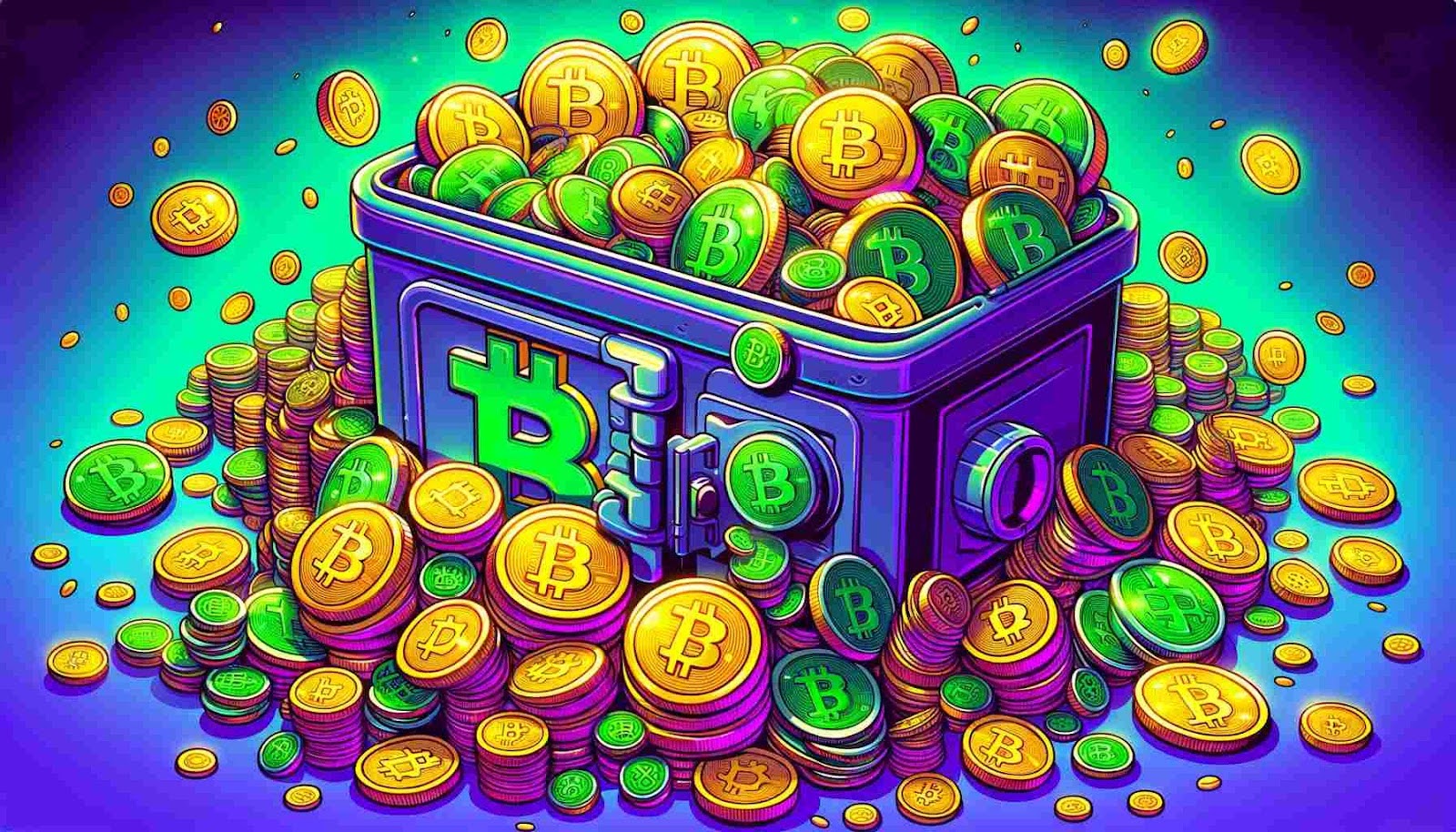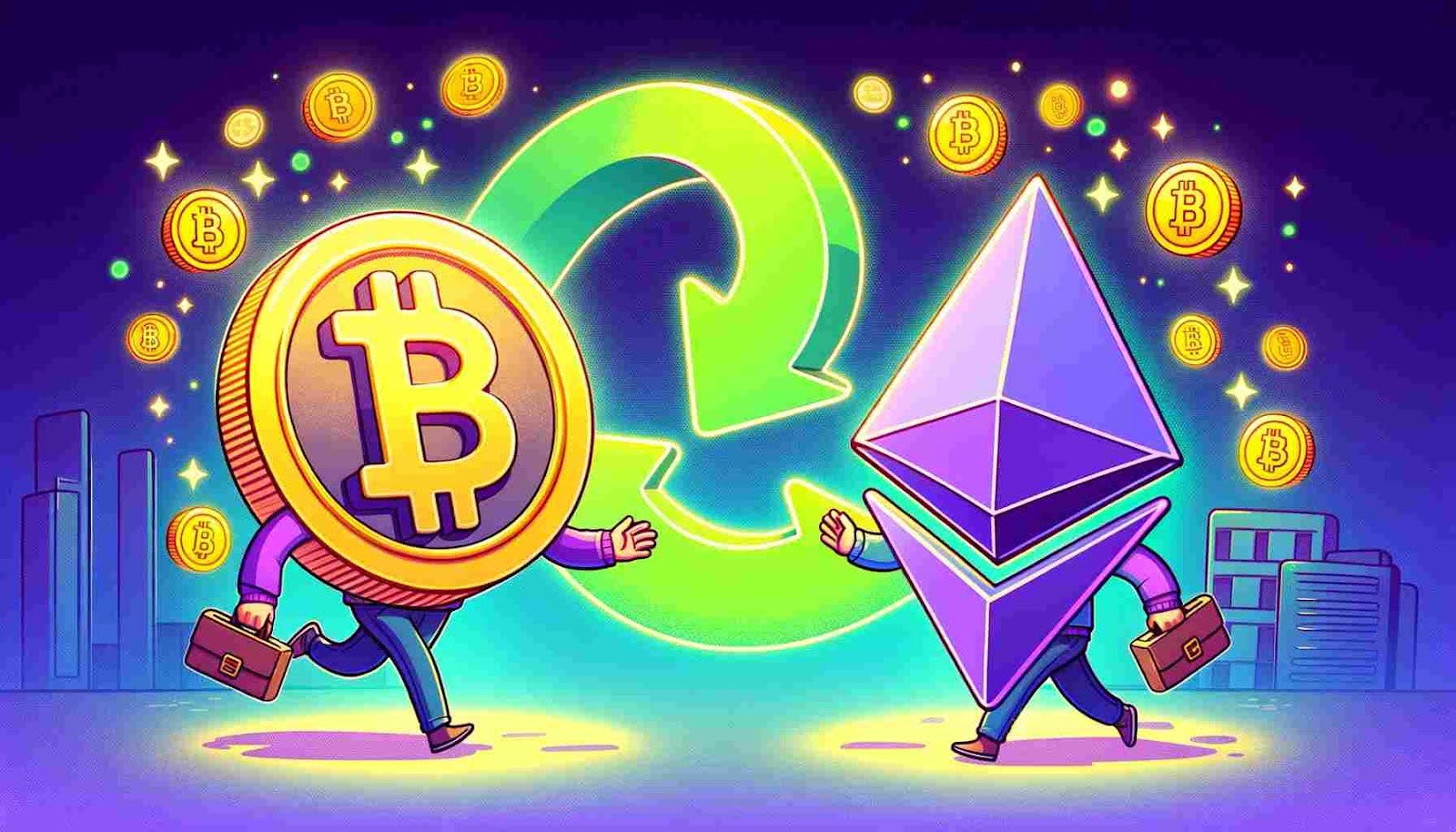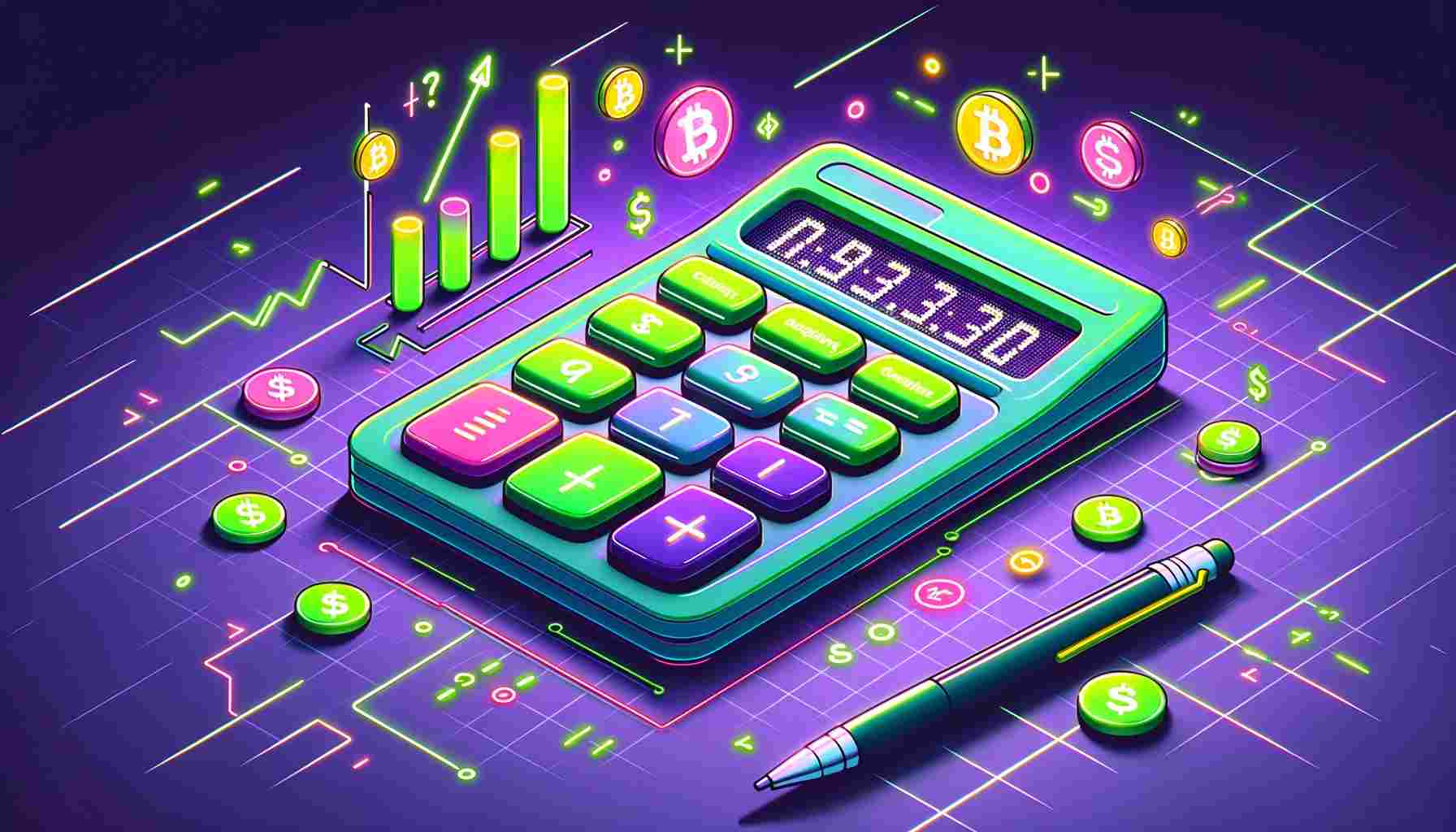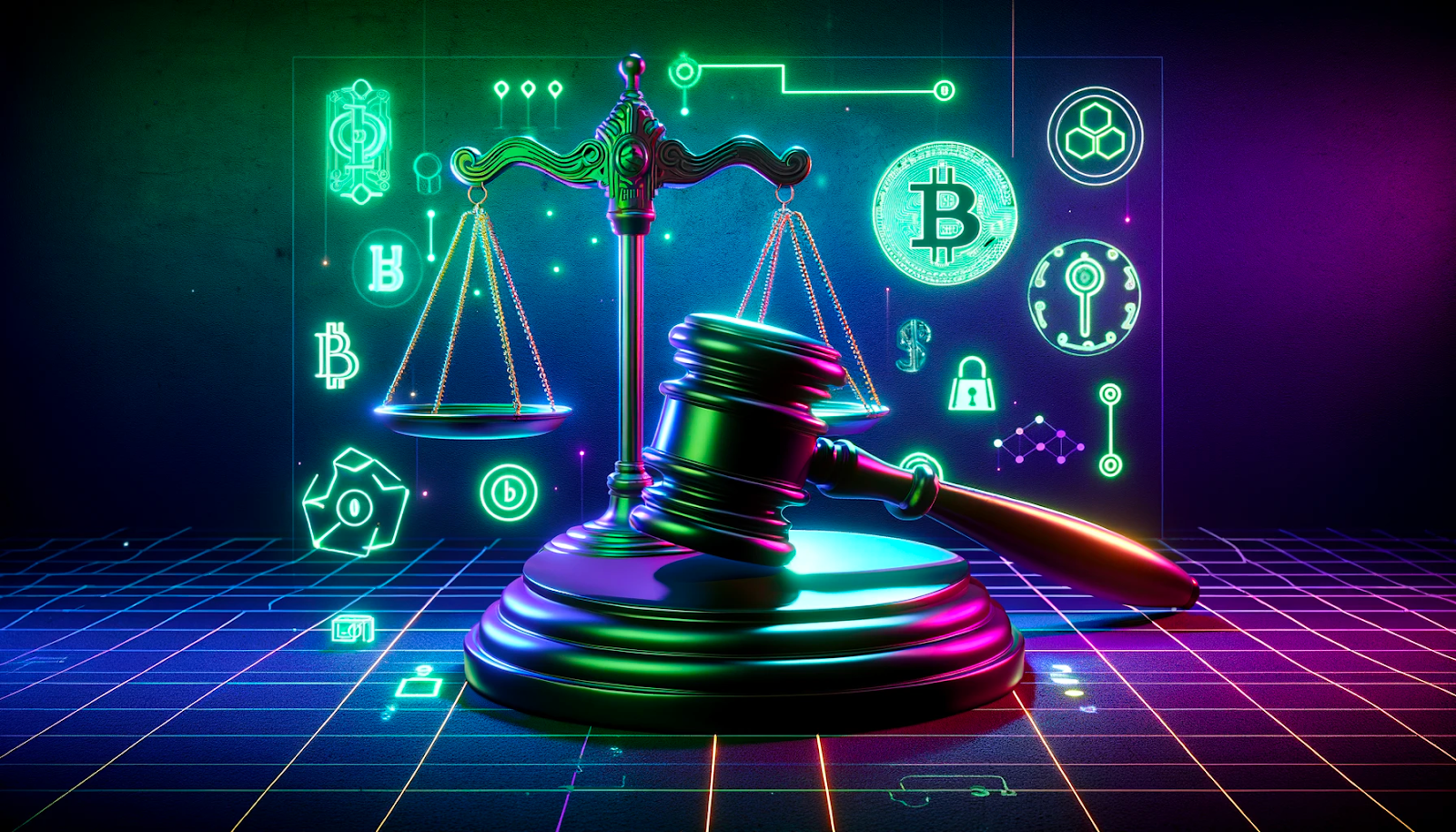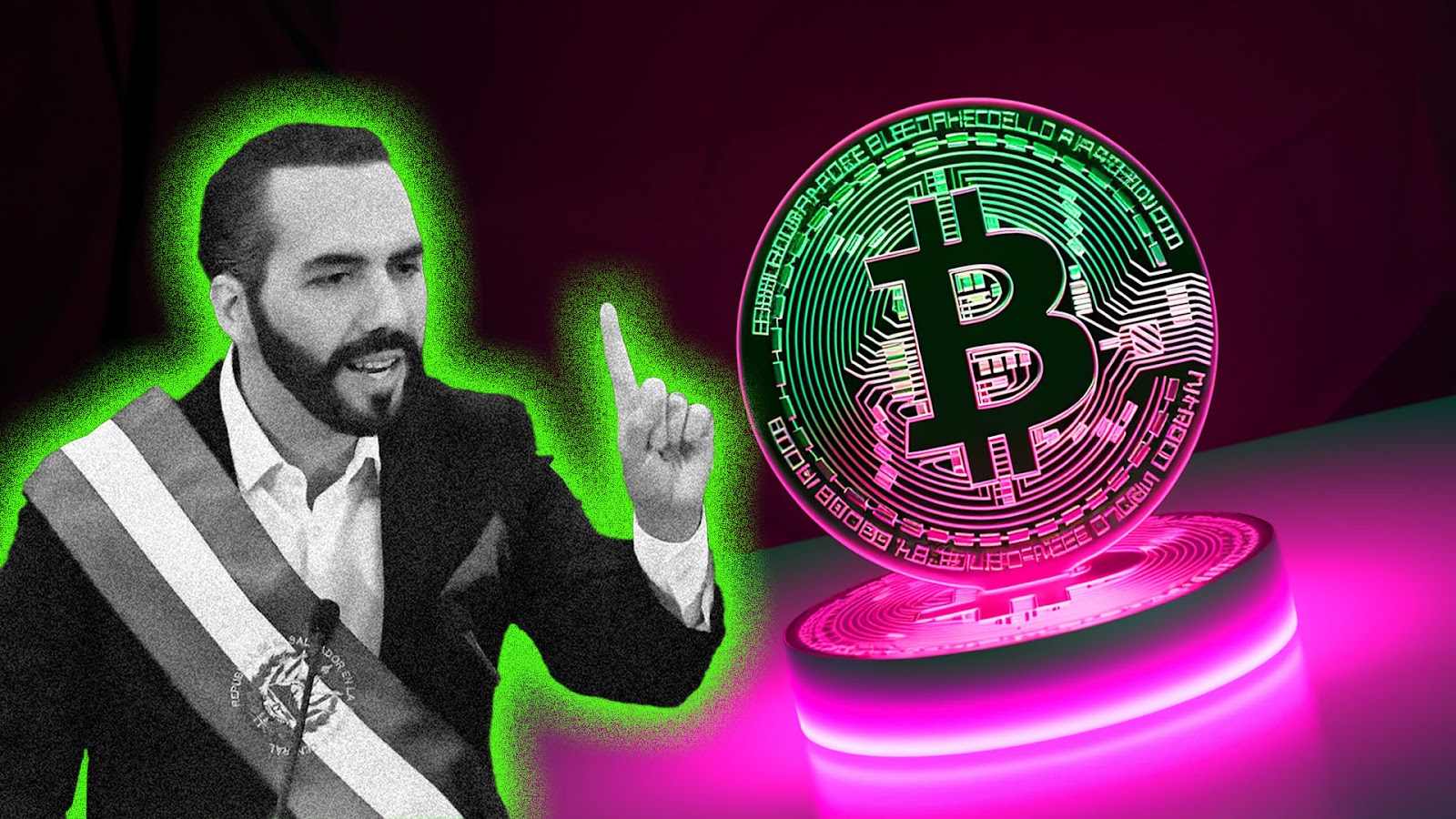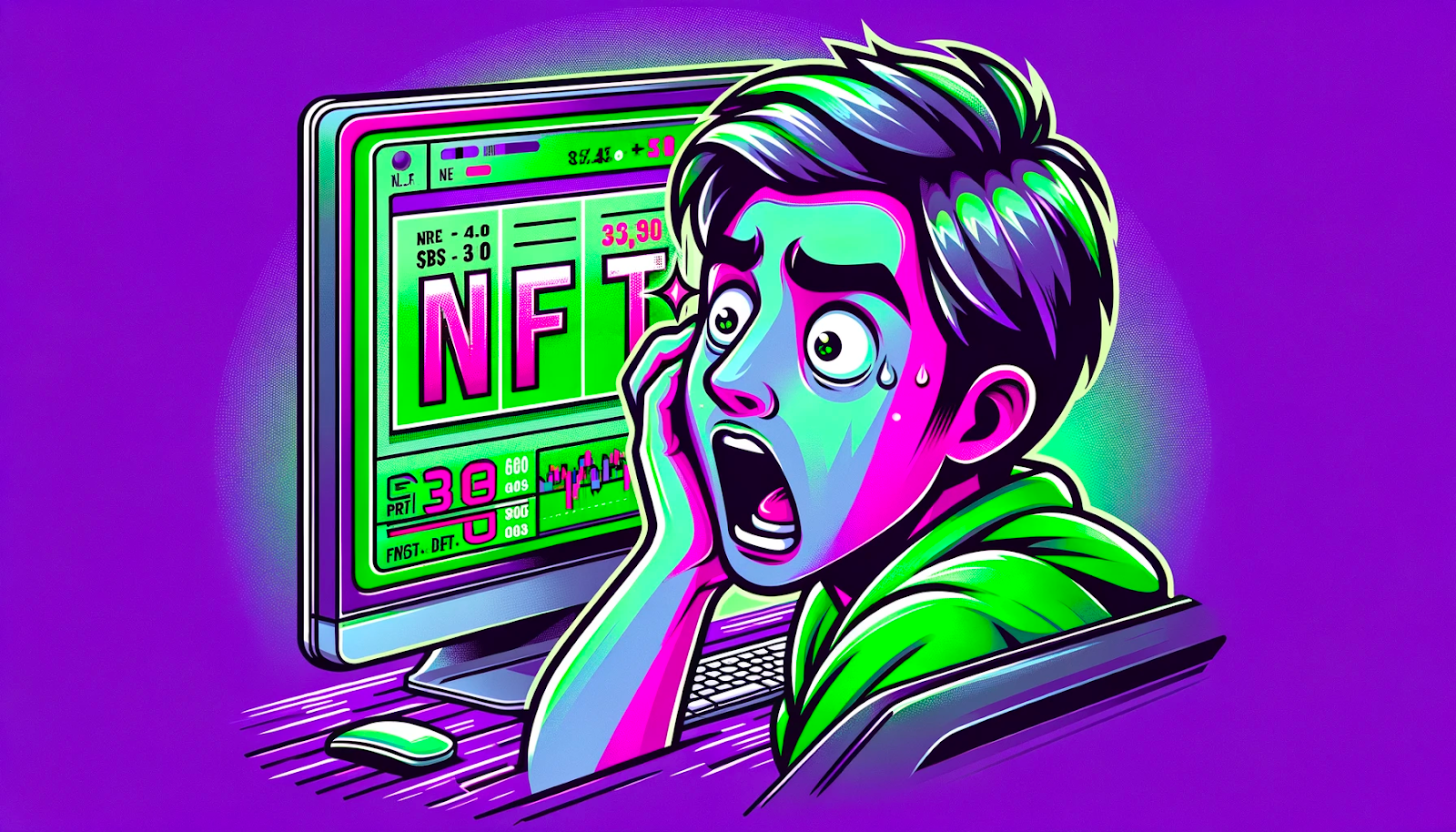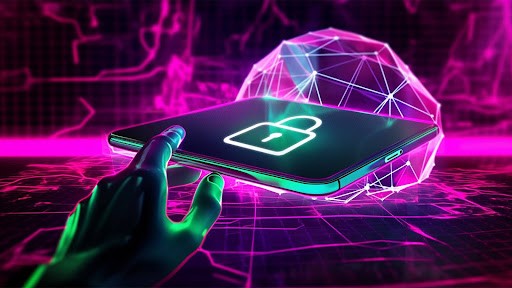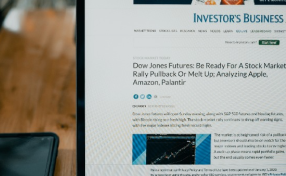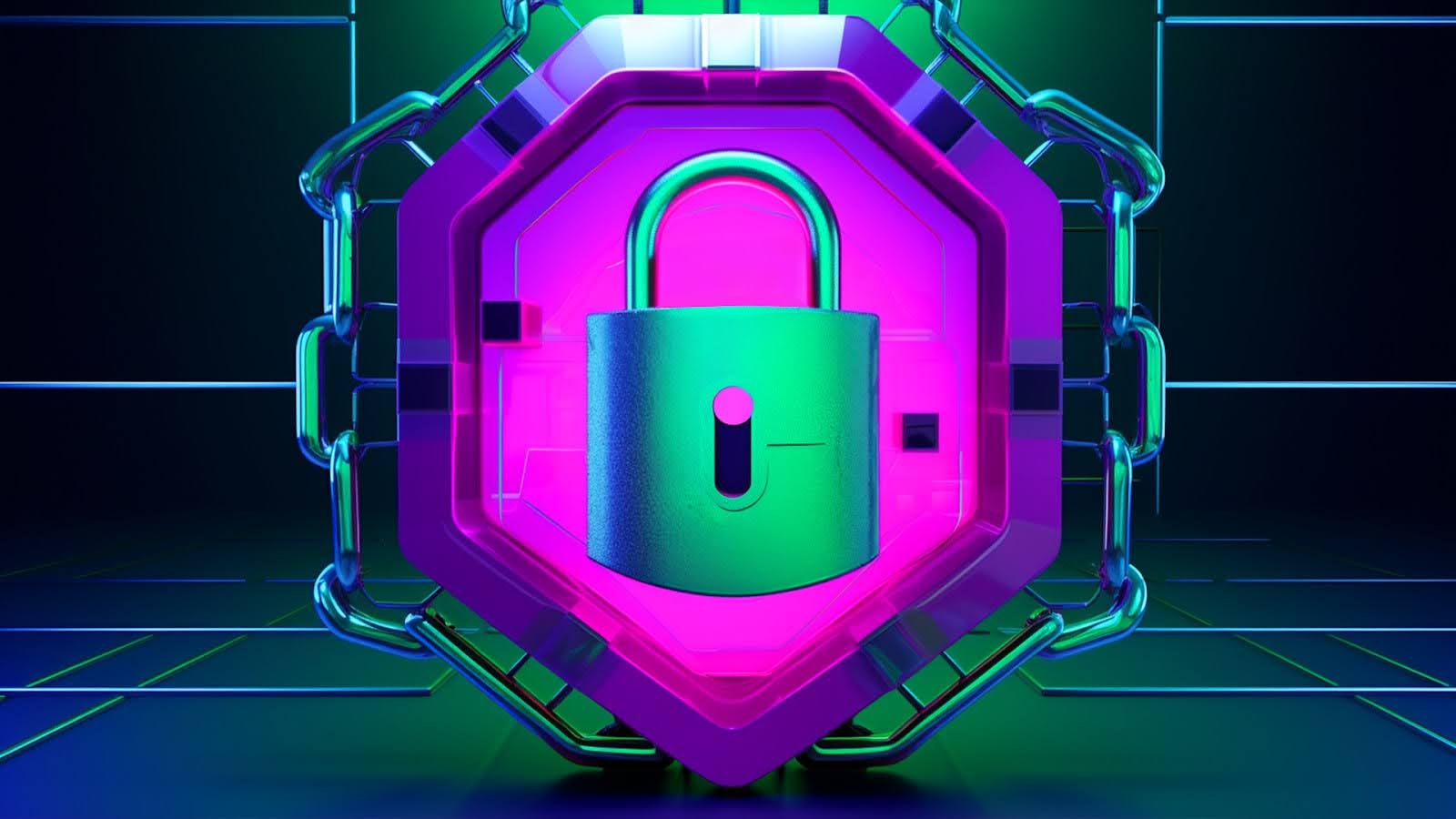
The rise of cryptocurrencies is a great benefit to most people, however, this does come with a lot of security risks and other challenges as hackers and other bad actors try and steal your crypto.
Making sure you have secure crypto is essential to maintaining peace of mind when navigating the cryptocurrency ecosystem.
Secure Crypto: Understanding Online Threats
It is important to understand the risks when navigating online, attacks can come from anywhere, so making sure you understand the threats and how to best protect yourself against them is important.
Hackers can target personal devices, exchanges and wallets through cyber attacks.
Phishing, Ponzi schemes and fraudulent ICOs are common within the cryptocurrency space, it is important to understand that there are always attempts to scam and fraud users for their cryptocurrency.
Any links posted online on chat forums or social media platforms can have malicious software attached to them, designed to harm or exploit a device or network.
Apps that have not been updated to the latest version can open a user up to exploits in software vulnerabilities.
Connecting your crypto wallet to websites is advised with caution as websites can have software designed to drain your wallets when connecting, clicking on only legitimate links from trusted sources is advised.
Enhancing Personal Online Security
Making sure you enhance your online security is important to having secure crypto.
Creating strong and unique passwords for accounts is important to protecting your information and data.
Using additional best practices such as two-factor authentication is also a good way to add another layer of security online.
Updating your apps and devices to the latest update version is necessary to keep your data and information secure, as an update may be required to patch a vulnerability in the software.
Using a VPN to encrypt your internet connection, especially when trading or accessing your crypto wallets on public wifi networks is good practice to enhance your security. There are many different types of VPNs you can use, NordVPN and SurfShark are some popular examples.
Make sure you have a separate email address to use for cryptocurrencies, having additional email addresses increases your security if one becomes compromised.
Making sure you have secure crypto is important as unlike fiat currencies, crypto cannot be returned, if you are hacked or send funds to the wrong address they will be lost forever.
Secure storage for your cryptocurrency is important, this can come in the form of hardware wallets sometimes called cold wallets, these devices are not connected to the internet, offering better security against online hacks.
Having multiple crypto wallets is always a good practice, using different wallets for different purposes, such as one for long-term storage, one for daily use or other specific reasons. This helps spread out your cryptocurrencies, so if something bad were to happen to one of your wallets then you still have funds available in others.
Keeping your wallet private keys or seed phrases in a safe and secure place is important as this is the key to your crypto.
Write this down on paper and do not store it online as this opens it up to the dangers of hacks and other issues you face online.
It is best to choose exchanges with a strong reputation such as Binance or Coinbase, as they offer greater protection for your deposits and internal risk management, lesser-known exchanges are more likely to suffer hacks.
Proactive Monitoring and Learning
It is always best to keep on top of any latest trends and threats in the cryptocurrency ecosystem, following reputable crypto news sources and participating in community forums keeps you informed.
Regularly check over your accounts, make sure you have notifications and additional layers of security on, if needed change any passwords to keep on top of security.
Stop and take a look at what you are connecting your wallet or using online to make sure there is nothing suspicious about the website. Using legitimate websites and cross-referencing information with other reputable sources before making decisions is a good practice.
Final Thoughts
Keeping your information safe with added layers of security is important. Creating additional wallets with 2FA will help make sure you maintain secure crypto.
In an ever-changing ecosystem, there will always be new threats and challenges to overcome.
By implementing secure measures you can significantly enhance the security of your online activities and protect your valuable crypto assets from potential threats.
There is no one perfect way to protect yourself, but if you use all the tools available in this article then you have a much better chance of maintaining secure crypto.
FAQ
What Threats Are There Online?
Hackers, phishing and malicious software amongst other threats are online, these can come from anywhere so making sure you keep your information secure and safe is important.
What Are Some Ways To Keep Safe Online?
Creating strong and unique passwords for your accounts is important to protecting your information and data. Use a VPN, 2FA and make sure you only use trusted websites and sources for information to make sure you can be kept safe and cultivate secure crypto practices.
Why Is It Important To Keep Yourself And Your Crypto Safe?
Managing your own crypto wallets comes with increased risks, managing secure crypto protects it from any hacks and ensures your investment is safe. It is important to keep your data secure by regularly updating applications and passwords, no one wants their data stolen so making sure you are on top of security is a great way to keep safe.
Want More Cutting-Edge Crypto News?
Follow Us: X TikTok Instagram Telegram LinkedIn
Sign up to our newsletter at the bottom of the page
Check Out Our Top 10 Crypto Currencies of 2023
This article is intended for educational purposes and is not financial advice.


